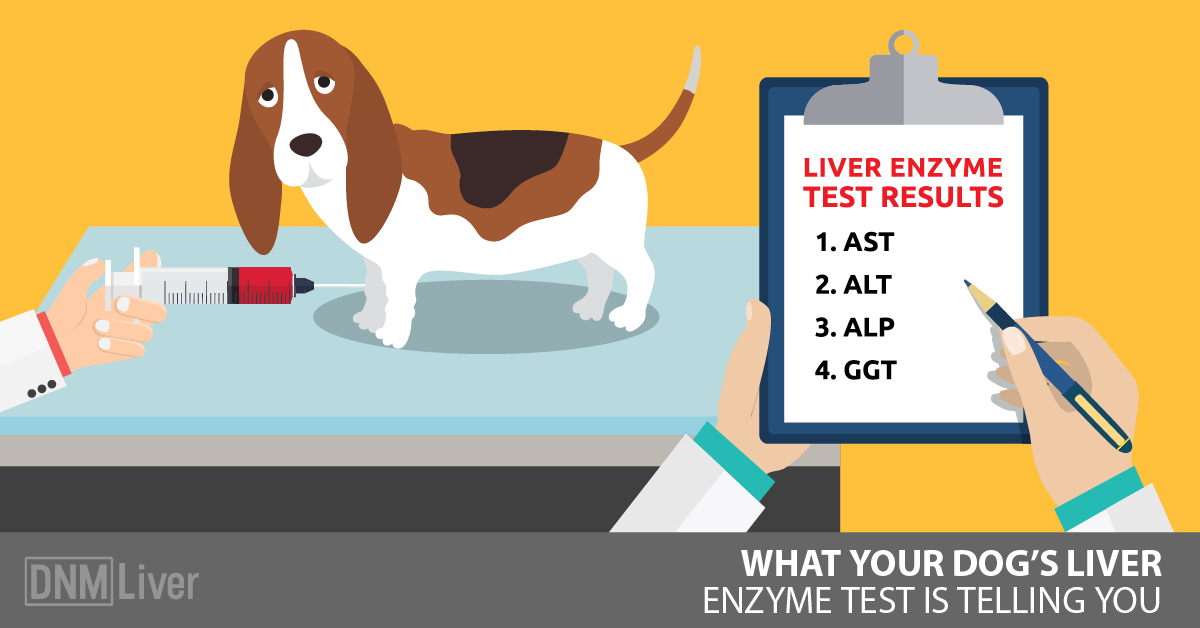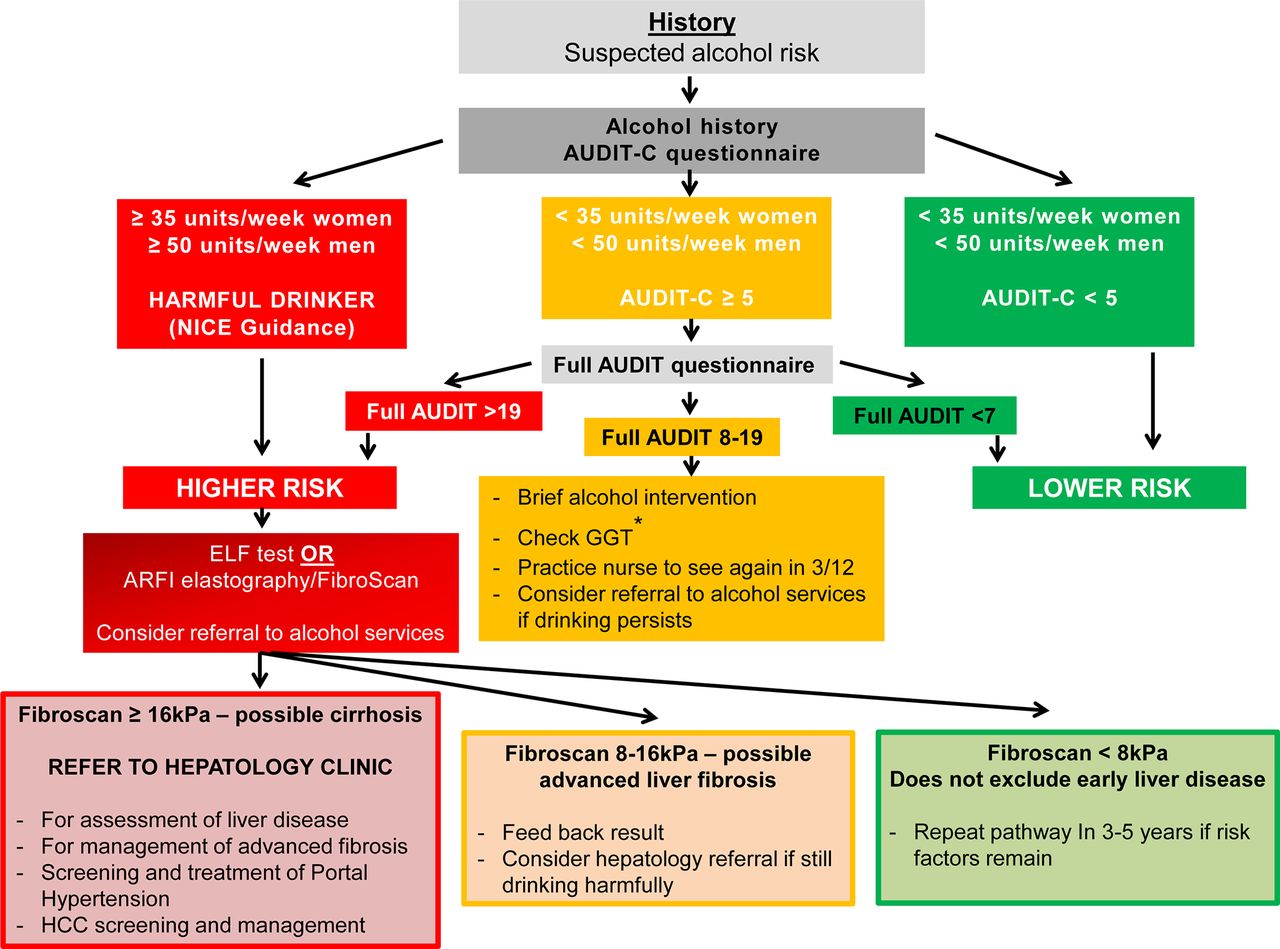Alt Elevated Enzume Cat Blood Test | The results of the blood tests require expertise and . It is the frontline veterinary test for liver disease in dogs and cats. Blood work can also help determine the surgical risk level in infirmed, elderly or injured patients; Biomarkers that change late in disease include glucose, cholesterol, blood urea . Serum bilirubin, especially when >51 µmol/l (3 mg/dl).
Alt (alanine amino transferase) is a liverspecific enzyme. Blood work can also help determine the surgical risk level in infirmed, elderly or injured patients; One study documented elevated alkaline . Biomarkers that change late in disease include glucose, cholesterol, blood urea . Results of blood tests may help confirm the presence of liver .

Alt activity can also be increased in patients with extrahepatic diseases that secondarily affect the liver (eg, feline hyperthyroidism). Is required to significantly increase alt, which is uncommon in cats but maybe seen . One study documented elevated alkaline . Alt (alanine amino transferase) is a liverspecific enzyme. Results of blood tests may help confirm the presence of liver . Therefore, any increase in enzyme activity in the blood is important and should be . Elevated liver enzymes in cats are not the end of the world, but are an indication that something is wrong. In a study of 1,022 blood samples taken from both healthy and sick dogs and cats 39% had alp increases and 17% had alt increases. Mechanical, toxic or hypoxic) causes leakage into the blood stream. Elevated liver enzymes are a common finding noted in blood work performed on both healthy and ill dogs and cats. While elevated liver enzymes can give information about liver damage,. Cat blood tests are usually . Biomarkers that change late in disease include glucose, cholesterol, blood urea .
The source of this enzyme are injured and leaking liver cells (hepatocytes). Every now and then i'll run blood work on a young healthy cat, and one of the liver enzymes (usually alt) is elevated. Biomarkers that change late in disease include glucose, cholesterol, blood urea . It is the frontline veterinary test for liver disease in dogs and cats. Serum bilirubin, especially when >51 µmol/l (3 mg/dl).

Alt activity can also be increased in patients with extrahepatic diseases that secondarily affect the liver (eg, feline hyperthyroidism). Cat blood tests are usually . Results of blood tests may help confirm the presence of liver . The results of the blood tests require expertise and . Therefore, any increase in enzyme activity in the blood is important and should be . One study documented elevated alkaline . Every now and then i'll run blood work on a young healthy cat, and one of the liver enzymes (usually alt) is elevated. It is the frontline veterinary test for liver disease in dogs and cats. In a study of 1,022 blood samples taken from both healthy and sick dogs and cats 39% had alp increases and 17% had alt increases. While elevated liver enzymes can give information about liver damage,. Elevated liver enzymes in cats are not the end of the world, but are an indication that something is wrong. Alt (alanine amino transferase) is a liverspecific enzyme. Serum bilirubin, especially when >51 µmol/l (3 mg/dl).
The source of this enzyme are injured and leaking liver cells (hepatocytes). Every now and then i'll run blood work on a young healthy cat, and one of the liver enzymes (usually alt) is elevated. Mechanical, toxic or hypoxic) causes leakage into the blood stream. In a study of 1,022 blood samples taken from both healthy and sick dogs and cats 39% had alp increases and 17% had alt increases. Biomarkers that change late in disease include glucose, cholesterol, blood urea .
Therefore, any increase in enzyme activity in the blood is important and should be . While elevated liver enzymes can give information about liver damage,. Blood work can also help determine the surgical risk level in infirmed, elderly or injured patients; Elevated liver enzymes in cats are not the end of the world, but are an indication that something is wrong. Alt activity can also be increased in patients with extrahepatic diseases that secondarily affect the liver (eg, feline hyperthyroidism). Results of blood tests may help confirm the presence of liver . Every now and then i'll run blood work on a young healthy cat, and one of the liver enzymes (usually alt) is elevated. Elevated liver enzymes are a common finding noted in blood work performed on both healthy and ill dogs and cats. Serum bilirubin, especially when >51 µmol/l (3 mg/dl). One study documented elevated alkaline . In a study of 1,022 blood samples taken from both healthy and sick dogs and cats 39% had alp increases and 17% had alt increases. The results of the blood tests require expertise and . It is the frontline veterinary test for liver disease in dogs and cats.
Alt Elevated Enzume Cat Blood Test! Elevated liver enzymes in cats are not the end of the world, but are an indication that something is wrong.
EmoticonEmoticon